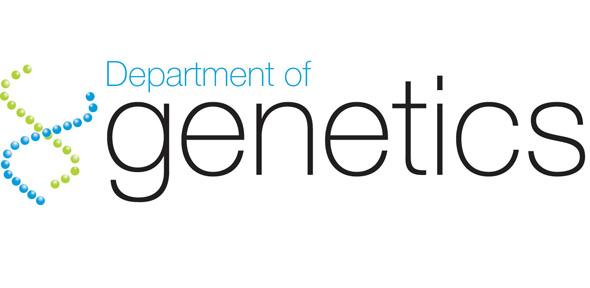
For over a century, the Department of Genetics has explored the basic questions of biological science from a genetic perspective. Today, we host some 27 research groups whose broad interests are summarised below.
Functional Genomics
Employing high-throughput sequencing, bioinformatics, and genome-wide techniques to analyse genomic processes. Exploring how epigenetic modifications to DNA and chromatin influence genome function, stem cell properties, and transgenerational inheritance.
[Ahringer] [Boemo] [Collepardo] [Durbin] [Ferguson-Smith] [Karam Teixeira] [Micklem] [Rosello-Diez] [Russell] [Sawarkar]
Developmental Genetics
Using model organisms like Drosophila, C. elegans, mice, and plants to study cell polarity, gene regulation, and pattern formation.
[Ahringer] [Clark] [Ferguson-Smith] [Karam Teixeira] [Moyroud] [Rosello-Diez] [Russell] [Steventon]
Cell Biology
Investigating cell division, polarity, cytoskeleton, membranes and neurodegeneration in humans, yeast and Drosophila.
[Farr] [Geymonat] [O’Kane] [Segal] [St Johnston]
Evolutionary and Computational Genetics
Combining experimental and computational approaches to study genomes and evolution.
[Ahringer] [Baez-Ortega] [Boemo] [Cagan] [Collepardo] [Durbin] [Hocher] [Jiggins] [Karam Teixeira] [Machado] [Moyroud] [Rosello-Diez] [Scally] [Welch]
Pathogen Genetics and Dynamics
Studying how infectious agents spread, evolve, and interact with hosts, aiming to improve disease prevention and treatment.
[Baker] [Hocher] [Houldcroft] [Jiggins] [Micklem] [Salje] [Zarkan] [Welch]
